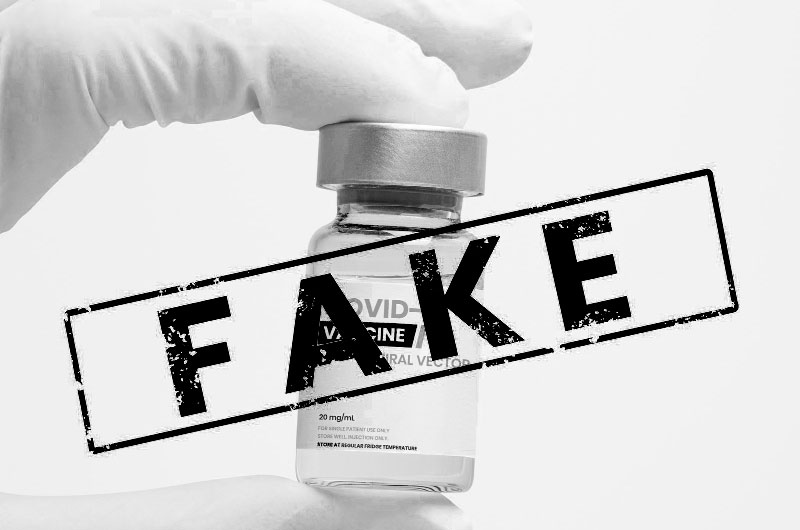Mass torts are a complex area of law that can be confusing for many people. However, it is important to have a basic understanding of what they are and how they work, especially if you find yourself involved in a mass tort case. In this blog post, we will break down the key points you need to know about mass torts.
Firstly, let’s define what a mass tort is. A mass tort is a civil action that involves multiple plaintiffs who have suffered similar injuries or damages caused by the same defendant or group of defendants. These cases typically arise from product liability, pharmaceutical drugs, environmental disasters, or other situations where a large number of people are affected.
One of the main differences between a mass tort and a class action lawsuit is that in a mass tort, each plaintiff has an individual claim and is treated as a separate case. This means that each plaintiff has the opportunity to present their own evidence and arguments, and the outcome of one plaintiff’s case does not necessarily affect the others.
Mass tort cases can be incredibly complex due to the large number of plaintiffs involved and the extensive amount of evidence that needs to be gathered and analyzed. As a result, they often require a team of experienced attorneys who specialize in mass tort litigation. These attorneys have the knowledge and resources to handle the complexities of these cases and ensure that each plaintiff’s rights are protected.
If you believe you have a potential mass tort case, it is crucial to consult with an attorney who has experience in this area of law. They will be able to evaluate your situation, determine if you are eligible to join an existing mass tort, or if it is more appropriate to file an individual lawsuit.
It is also important to note that mass tort cases can take a significant amount of time to resolve. Due to the complexity and number of parties involved, it is not uncommon for these cases to last for several years. However, it is essential to be patient and trust the process, as the ultimate goal is to seek justice and compensation for the harm you have suffered.
In conclusion, understanding mass torts is crucial if you find yourself involved in a case of this nature. Knowing the basics of what a mass tort is, how it differs from a class action lawsuit, and the importance of seeking experienced legal representation will help you navigate through the complexities of these cases. Remember to consult with an attorney who specializes in mass tort litigation to ensure your rights are protected and to increase your chances of a successful outcome.

